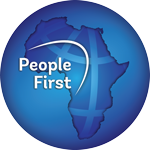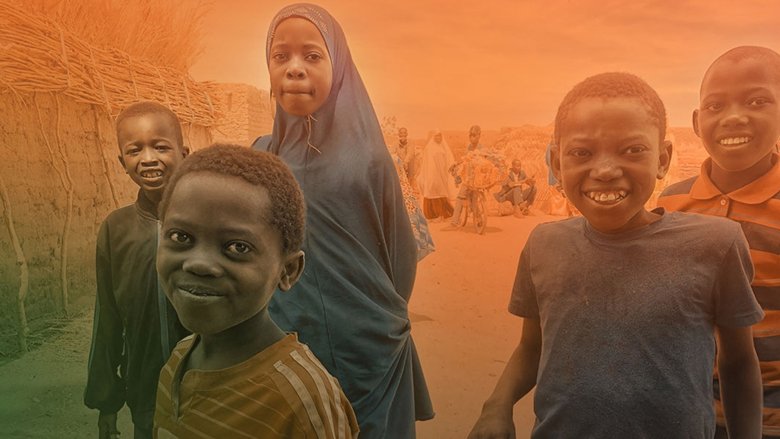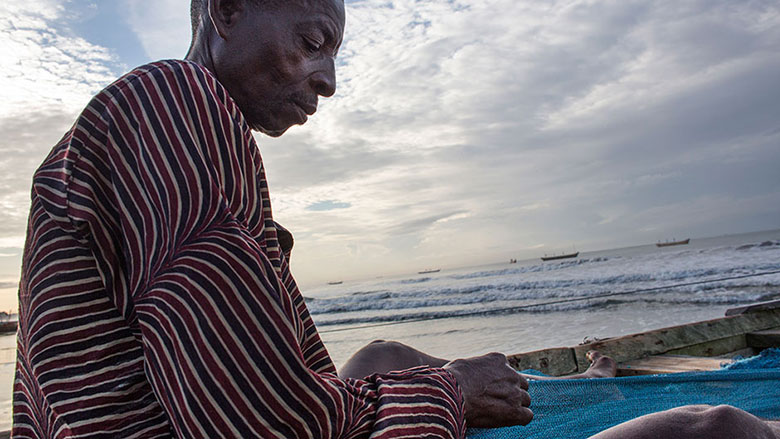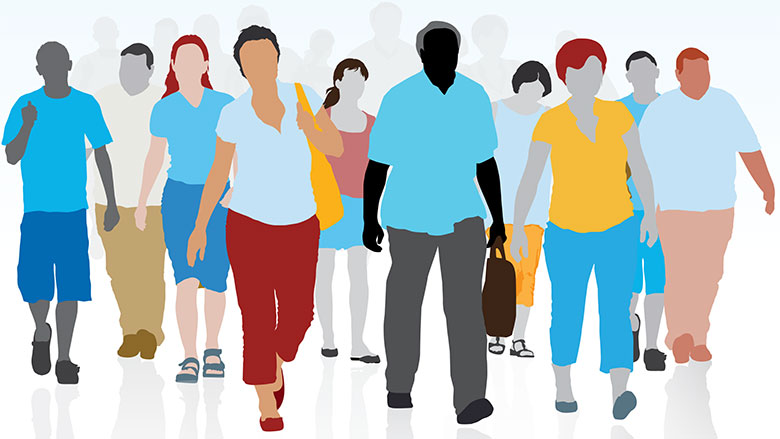Located in the westernmost part of the African continent, Senegal is bordered by Mauritania, Mali, Guinea, The Gambia, and Guinea-Bissau. With a tropical and dry climate, the country has a population of 18,032,473 million people, nearly a quarter of whom live in the Dakar region (which accounts for only 0.3% of the country's territory).
Political Situation
Senegal remains one of the most stable countries in Africa. The country has experienced three peaceful political transitions since gaining independence in 1960. On March 24, 2024, Bassirou Diomaye Diakhar Faye, the opposition candidate, was elected as the country's fifth president, winning the election in the first round.
Economy
Senegal’s economy grew 6.1% in 2024, driven by new hydrocarbon production. Non-oil growth slowed to 3.5% dampened by election turmoil, while agriculture production was affected by floods. Inflation fell sharply from 5.9% in 2023 to 0.8% in 2024, led by lower food prices and stable fuel costs.
However, emerging macro fiscal challenges and rising global uncertainties undermine the outlook. The external position strengthened, with the current account deficit narrowing to 12% of GDP, driven by rising oil exports and moderated imports. hydrocarbon production is expected to boost economic growth in 2025. As hydrocarbon revenues gradually increase, Senegal has an opportunity to channel these resources into human capital development, infrastructure, and the energy transition.
Sustained progress will depend on efforts to improve productivity, enhance competitiveness, and create jobs, particularly for youth and underserved populations. Senegal’s recent fiscal transparency review efforts - covering 2019–2023 and revealing substantially higher deficits and public debt than previously disclosed - has materially worsened its macro-fiscal outlook, elevating debt sustainability concerns, pushing up borrowing costs, and contributing to credit rating downgrades.
Last Updated: Oct 09, 2025









